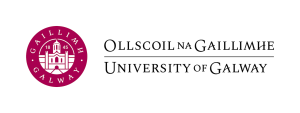ICHEC Annual Seminar 2019:
|
Registration is now Open
|
 |
Event Details
Prominent Speakers nationally and internationally will be presenting and discussing the future of High Performance Computing (HPC) and their Data Driven Success Stories.
ICHEC Annual Seminar 2019 will host talks and panel discussions on
1. Race to Exascale - Small Countries with Big Ambitions(Morning Session) |
2. International Data Driven Success Stories across the Public Sector, Industry and Research(Afternoon Session) |
Location: Royal Irish Academy, 19 Dawson St, Dublin 2, D02 HH58
Morning Session : Race to Exascale - Small Countries with Big Ambitions
Exascale computing will provide unprecedented compute power to tackle some of the biggest problems of mankind - climate change, improving human health, better design for engineering. While these large and powerful systems have typically been in the realm of only larger countries, there is a pan-European collaborative effort - the EuroHPC Joint Undertaking - to develop these systems and applications that leverages and benefits all European member states. The speakers will highlight some of the challenges, on-going efforts, and achievements in this race so far, in particular demonstrating the value of contributions from small countries.
| Time | Speaker |
|---|---|
| 8:15 - 9:00 | Breakfast & Networking |
| 9:00 - 9:05 |
Martin Hynes |
| 9:05 - 9:10 |
JC Desplat |
| 9:10 - 9:40 | Gustav Kalbe (Video Conference) Head of Unit High Performance Computing & Quantum Technologies European Commission
|
| 9:40 - 10:10 |
Sergi Girona |
| 10:10 - 10:30 |
Tan Tin Wee (Video Conference) |
| 10:30 - 10:50 | Coffee Break |
| 10:50 - 11:10 |
Branislav Jansik |
| 11:10 - 11:40 |
Kimmo Koski |
| 11:40 - 12:45 |
Panel Session : Chaired by Gabrielle Allen Closing Remarks |
| 12:45 |
Lunch
|
Afternoon Session : International Data Driven Success Stories across the Public Sector, Industry and Research
There is a growing recognition that both compute and data infrastructure are needed to tackle modern day scientific and industrial problems. The speakers will highlight the importance of data infrastructure that not only encompass hardware but also software and services. The combination of HPC and data infrastructure provides opportunities for novel scientific discoveries and development of new products and services. This is particularly pertinent to the use of Machine and Deep Learning approaches in Health, Earth Observations, Biomedical Engineering. The speakers will present public sector, academic and industrial use cases on Big Data processing and analysis, while focusing on their experiences, achievements and vision.
| Time | Speaker |
|---|---|
| 13:45 - 13:55 |
Deirdre Lee |
| 13:55 - 14:25 |
Mark Parsons |
| 14:25 - 14:45 |
Peter Gallagher |
| 14:45 - 15:15 |
John Dunne |
|
15:15 - 15:35 |
Coffee Break |
| 15:35 - 15:55 |
Costas Bekas |
| 15:55 - 16:15 |
J-C Desplat |
| 16:15 - 17:00 |
Panel Session: Chaired by Deirdre Lee Closing Remarks |
Speaker Biographies
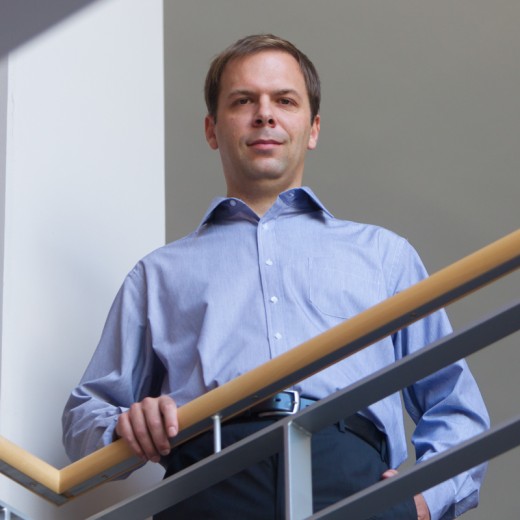
|
Branislav Jansik Supercomputing Services Director, IT4Innovations National Supercomputing Center, Czech Republic Bio: Branislav Jansik has obtained his PhD in computational chemistry at the Royal Institute of Technology, Sweden in 2004. He took a postdoctoral position at IPCF, CNR, Italy, developing high performance computational methods for molecular optical properties. Since 2006 he worked on the development of highly parallel optimization methods in the domain of electronic structure theory at Aarhus University, Denmark. In 2012 he joined IT4Innovations, the Czech national supercomputing center as a head of supercomputing services. At IT4Innovations, he leads the supercomputer procurement, deployment and service operations. He published over 35 papers and co-authored the DALTON electronic structure theory code. Talk Title: IT4Innovations in the EuroHPC era Talk Synopsis: The talk will introduce the Czech national supercomputing center IT4Innovations, its current technology and scope. Further, the future outlook will be presented, including the EuroHPC EURO_IT4I petascale machine, its architecture, intended use as well as challenges we are likely to face using future HPC technologies. |
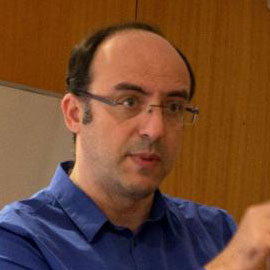 |
Costas Bekas Distinguished Research Staff Member and Manager of Foundations of Cognitive Solutions Group, IBM Research, Zurich, Switzerland Bio: Costas Bekas is managing the Foundations of Cognitive Computing group at IBM Research-Zurich. He received B. Eng., Msc and PhD diplomas, all from the Computer Engineering & Informatics Department, University of Patras, Greece, in 1998, 2001 and 2003 respectively, working under the supervision of E. Gallopoulos. Between 2003-2005, he worked as a postdoctoral associate with Prof. Yousef Saad at the Computer Science & Engineering Department, University of Minnesota, USA. He has been with IBM since September 2005. Costas's main research interests span Scalable systems for AI and Knowledge Ingestion, HPC and new computing paradigms. Costas is a recipient of the PRACE 2012 award and the ACM Gordon Bell 2013 and 2015 prizes. |
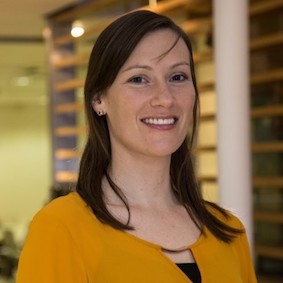
|
Deirdre Lee CEO and Founder of Derilinx, Ireland Bio: Deirdre Lee is CEO and Founder of Derilinx, working in the field of Linked and Open Data. Derilinx’s vision is to support the provision of effective public-services through the coordinated use of data. Derilinx has collaborated with many Government Departments and Public Bodies on Linked Data, Data Sharing and Open Data projects, including on the implementation of Ireland's National Open Data Initiative. Deirdre has many years’ experience in the Digital Government domain and has been an active participant of the international Open Data community since 2010. During this time, she coordinated and participated in multiple international projects, including coordinating the successful European Commission project ‘Puzzled by Policy’. She is also involved in many standardisation activities, including her role as Co-Chair of the W3C Data on the Web Best Practice Working Group. |
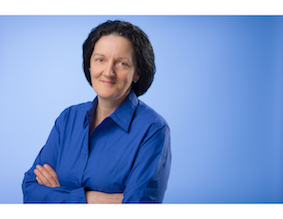
|
Gabrielle Allen Associate Director, National Center for Supercomputing Applications (NCSA), USA Associate Dean of Research, College of Education, University of Illinois at Urbana-Champaign, USA Bio: Gabrielle Allen is Professor of Astronomy and the Associate Dean for Research in the College of Education, University of Illinois at Urbana-Champaign. She is also a Senior Research Scientist at the National Center for Supercomputing Applications where she co-leads the Gravity Group. Previously as the Director for Research at the National Center for Supercomputing Applications she worked to develop research connections across the university, built up programs to engage faculty, postdoctoral researchers and students, and established a set of thematic areas targeted around solving grand challenge problems with societal and scientific impact. She has previously held positions at the Max Planck Institute for Gravitational Physics, Louisiana State University, the National Science Foundation, and the Skolkovo Institute of Science and Technology. |
|
Gustav Kalbe Head of Unit, High Performance Computing & Quantum Technologies, DG Communications Networks, Content and Technology (DG CNECT), European Commission Bio: Dr. Gustav Kalbe has a PhD in Physics. In 1998 he joined the Directorate General Information Society & Media of the European Commission where he started working as a Project Officer managing research projects of the European Framework Programs for Research. In 2014 he became Head of Unit for Administration & Finance in the European Commission, in the Directorate General Communications Networks, Content and Technology. In 2016 he was appointed Head of Unit of the newly created High Performance Computing and Quantum Technology unit in the Directorate General Communications Networks, Content and Technology. His core task was the establishment of the EuroHPC Joint Undertaking, including legislative, administrative and financial aspects. Since October 2018, when the EuroHPC Joint Undertaking was legally established he was appointed as Interim Executive Director of the EuroHPC Joint Undertaking |
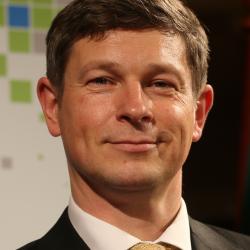
|
JC Desplat Director, Irish Center for High End Computing (ICHEC), Ireland Bio: Jean-Christophe "JC" Desplat is a technology expert with over 25 years' experience in high-performance computing (HPC). His particular interest lies in the innovative use of HPC technologies in emerging domains. He has served as an advisor to a number of committees in Ireland and abroad, including the strategic advisory team of the UK Engineering and Physical Sciences Research Council (EPSRC), the ICT sub-committee of the Irish Medical Council, the Climate Change Research Co-ordination Committee of the Irish Environmental Protection Agency (EPA) as well as the scientific board and the infrastructure advisory board of the IT for Innovations national centre in the Czech Republic. JC is also the national representative for Ireland on the Partnership for Advanced Computing in Europe (PRACE) AISBL Council since 2010. |
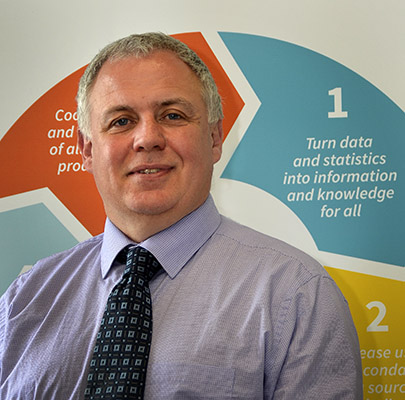
|
John Dunne Administrative Data Centre at Central Statistics Office, Ireland Bio: John Dunne is the Senior Statistician responsible for the development, management and processing of administrative data (personal and enterprise based) to meet statistical demands, support evidence based policy making and contribute to reducing respondent burden. Talk Title: Informed Decision Making - Past, Present and Future |
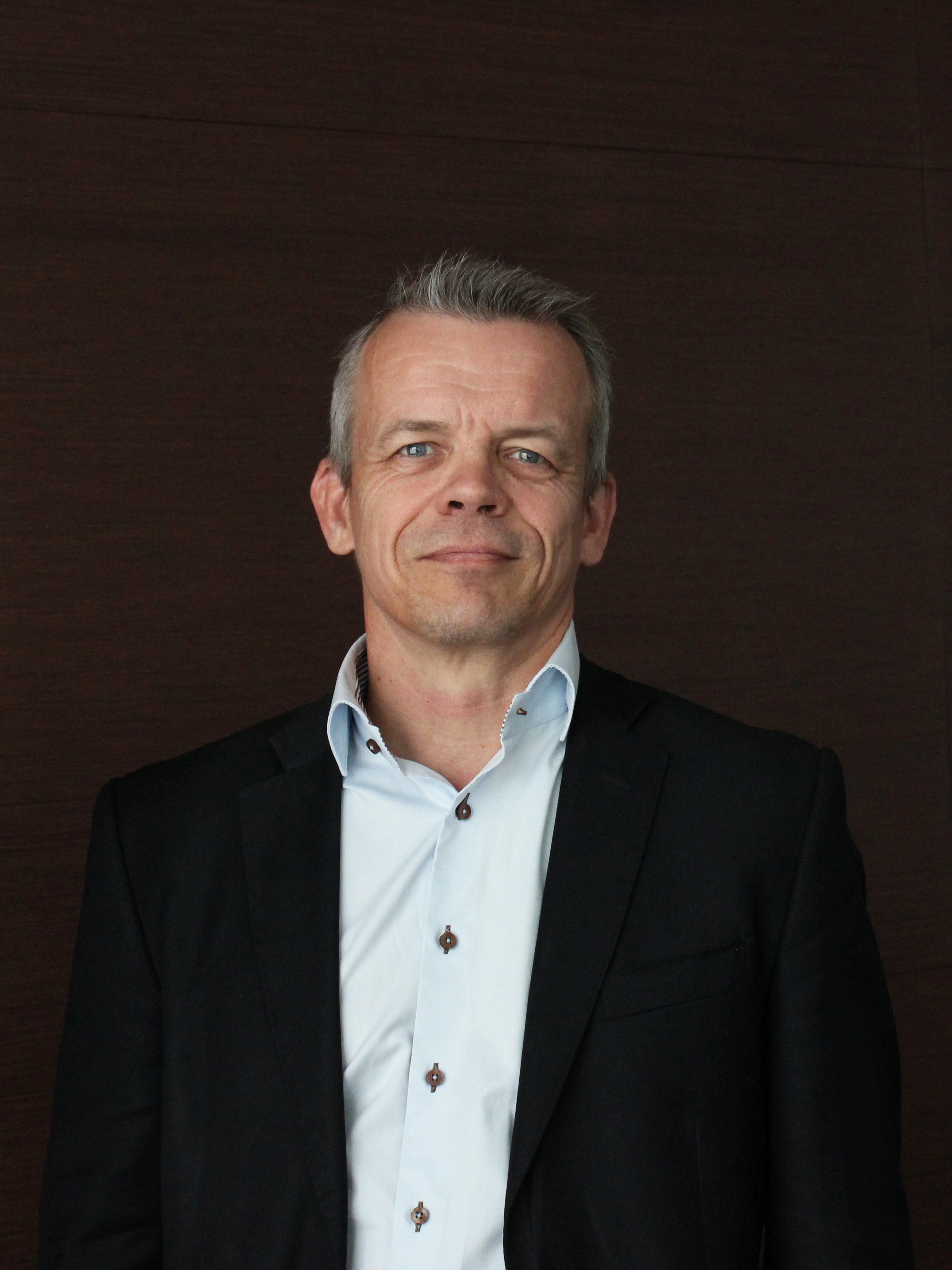
|
Kimmo Koski Managing Director, CSC (the Finnish IT Center for Science), Finland Bio: Dr. Kimmo Koski started in his current position at CSC in August 2004 with a mission to support Finnish research through providing world-class e-infrastructure and related services. This has included investments in national resources and active participation in European initiatives. One example of the recent projects is the eco-efficient datacenter in a former paper-mill in Kajaani, which has been running in production since 2012. In 2019 he coordinated an European LUMI consortium, which successfully bid for pre-exascale system to be installed in CSC data center in Kajaani. Koski’s earlier working experience includes 4.5 years in Nokia Research Center and Technology Platforms, 10 years at CSC in various positions and a one-year in CERN as a scientific associate. Talk Title: The Finnish Model in HPC and beyond Talk Synopsis: Finland has provided national HPC services in a centralized manner already in late 1980’s. When the first Cray arrived in 1989, CSC was about 30 people and concentrated only in scientific computing and research networks. Today the company holds 410 employees, growth both in terms of personnel and turnover is fast, and areas we work are wider than before. Currently the national systems for HPC and data with an investment of 39 MEUR is being installed and we are preparing for pre-exascale system to be in operation in a bit more than a year from now. |
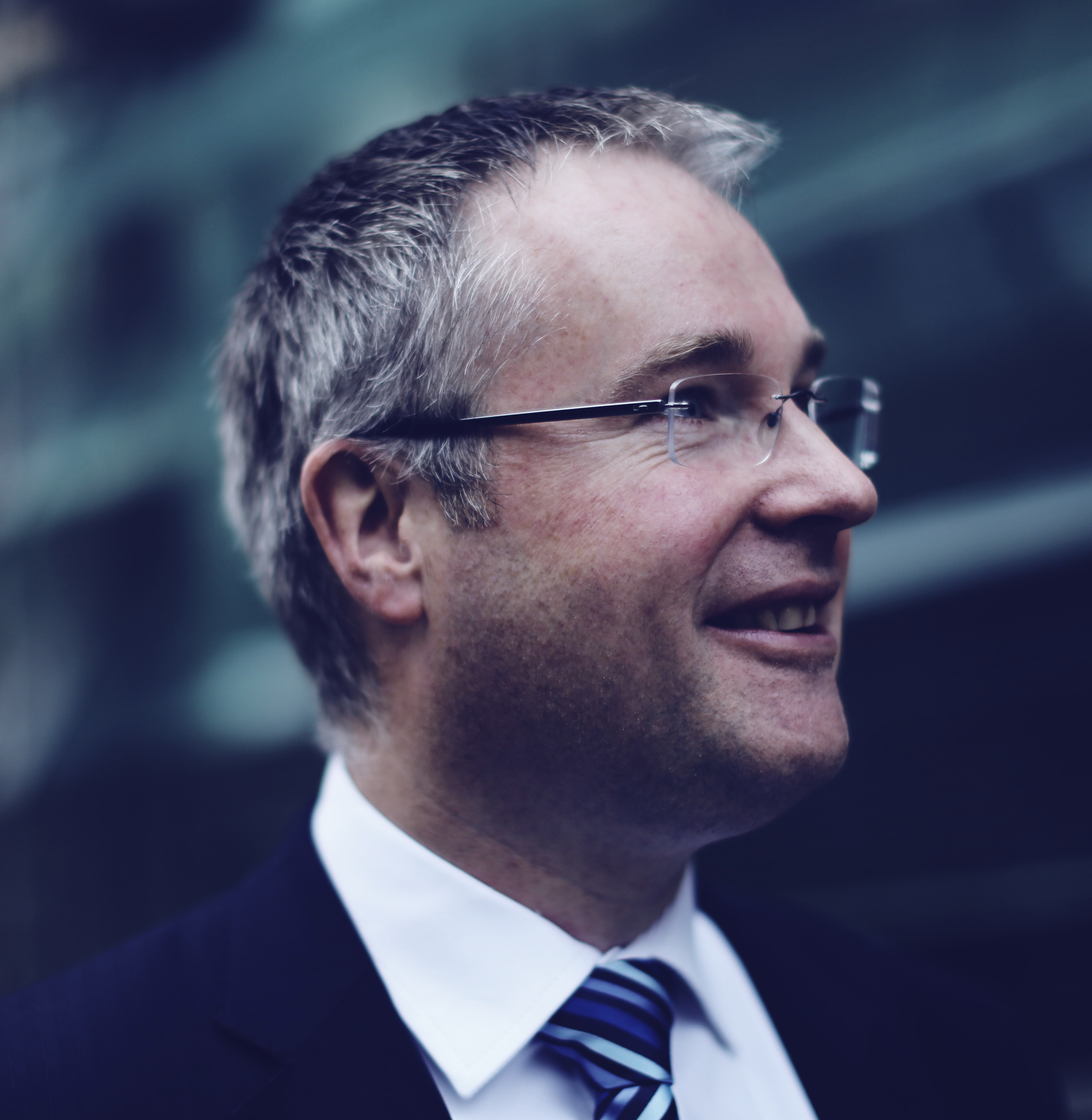
|
Mark Parsons Director, Edinburgh Parallel Computing Centre (EPCC), UK Associate Dean for e-Research, College of Science and Engineering, University of Edinburgh, UK Bio: Professor Mark Parsons holds a Personal Chair in High Performance Computing at the University of Edinburgh. He is the Director of EPCC, a position he has held since 2016. He is also the Associate Dean for e-Research in the College of Science and Engineering, a role he has held since 2010. Professor Parsons joined EPCC following his PhD at CERN in 1994 to work as a software developer. He is deeply involved in all aspects of e-Infrastructure in the UK and Europe with a specific focus on supercomputing and data driven innovation. He leads EPCC’s activities hosting Scotland’s National Data Safe Haven. Talk Title: Data Driven Innovation at EPCC Talk Synopsis: Over the past 5 years EPCC has grown from an organisation largely focussed on supercomputing to include a large data science activity. A key starting point for this was the project to create the National Data Safe Haven in Scotland for NHS Scotland. This Safe Haven has now grown into a major activity and is being extended to include many additional pieces of public data for research purposes. In tandem with this work, EPCC has been at the forefront of establishing a £1bn+ programme of Data Driven Innovation in the Edinburgh and SE Scotland City Region through “City Deal” funding from the UK and Scottish Governments. |
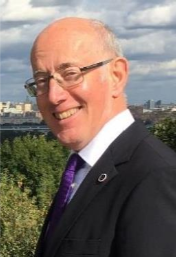
|
Martin Hynes President of the European Science Foundation (ESF) Chairman, Irish Center for High End Computing (ICHEC), Ireland Bio: Martin Hynes is the President of the European Science Foundation (ESF). Prior to this, he served as Chief Executive of the ESF from 2012-2016. He was formerly Director of The Irish Research Council for Science, Engineering and Technology (IRCSET) and in this role he implemented a number of innovative national funding schemes with a special focus on early career researchers. His experience lies in policy formulation and he has an excellent record of implementing policy decisions. He has been instrumental in the formulation of major national funding initiatives supporting research in the ICT and biotechnology sectors. He is currently a member of the Advisory Committee for the Marie Skłodowska-Curie actions and a member of the Royal Dublin Society Foundation Board. |
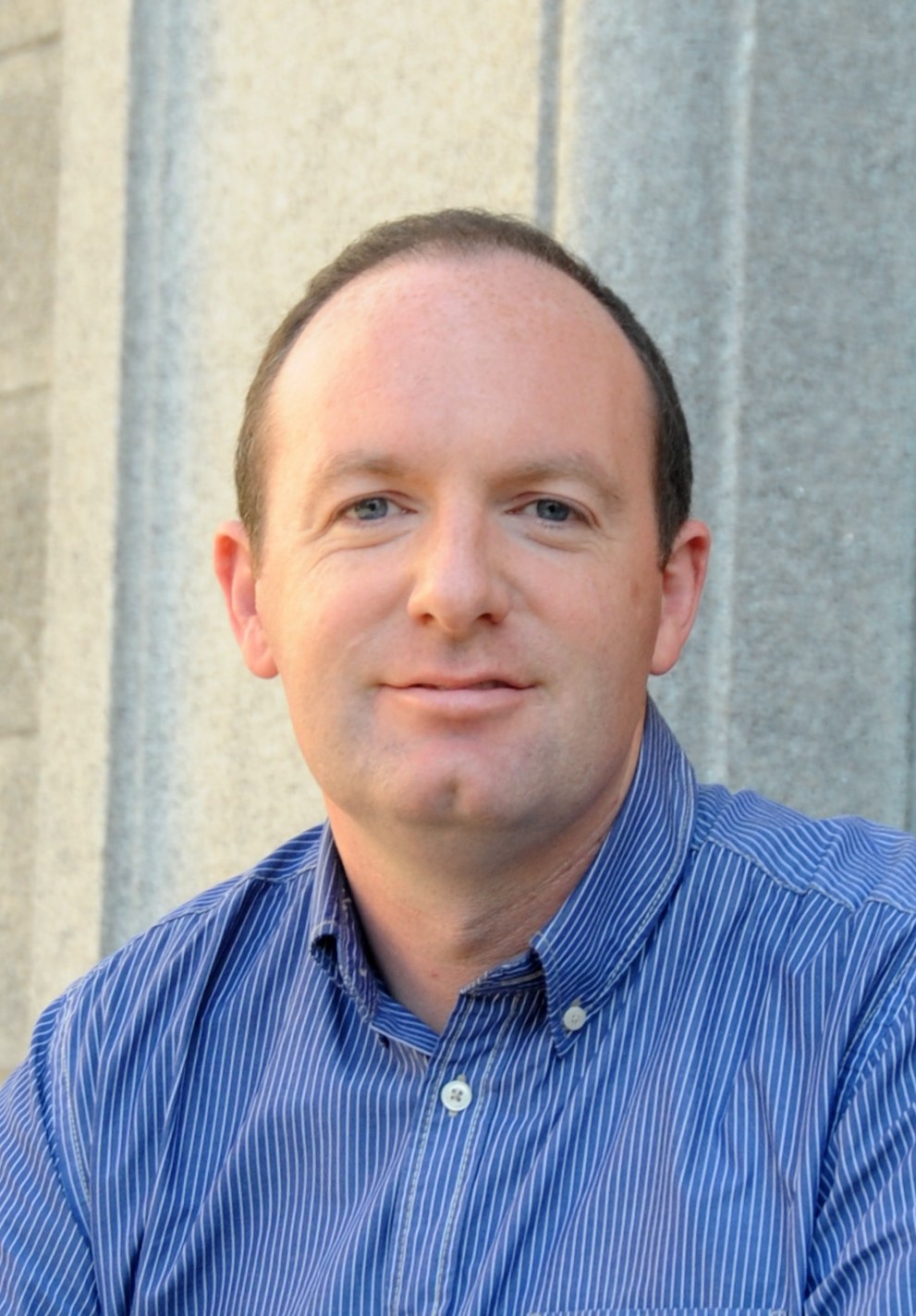
|
Peter Gallagher Head of Astrophysics, Dublin Institute for Advanced Studies (DIAS), Ireland Bio: Professor Peter Gallagher is Head of Astrophysics at the Dublin Institute for Advanced Studies and leads the Irish Low Frequency Array (I-LOFAR) radio telescope project at Birr Castle. His research is primarily concerned with understanding the fundamental physics of solar storms and their impacts on Earth. He has a long association with ESA and NASA missions such as SOHO and the soon to be launched Solar Orbiter spacecraft. Talk Title: From Big Science to Big Data with the Irish Low Frequency Array (I-LOFAR) Talk Synopsis: The Irish Low Frequency Array (I-LOFAR; www.lofar.ie) observes the radio universe at 10-240 MHz from Birr Castle in the Irish Midlands and is part of a €150M international network of radio telescopes that stretch from Ireland through the Netherlands to Poland. The international array produces data at over 150 Gbps, making it an ideal testbed for high frequency data analytics. In this talk I will describe LOFAR, it’s science and the kinds of data processing and visualisation challenges that the array presents. |
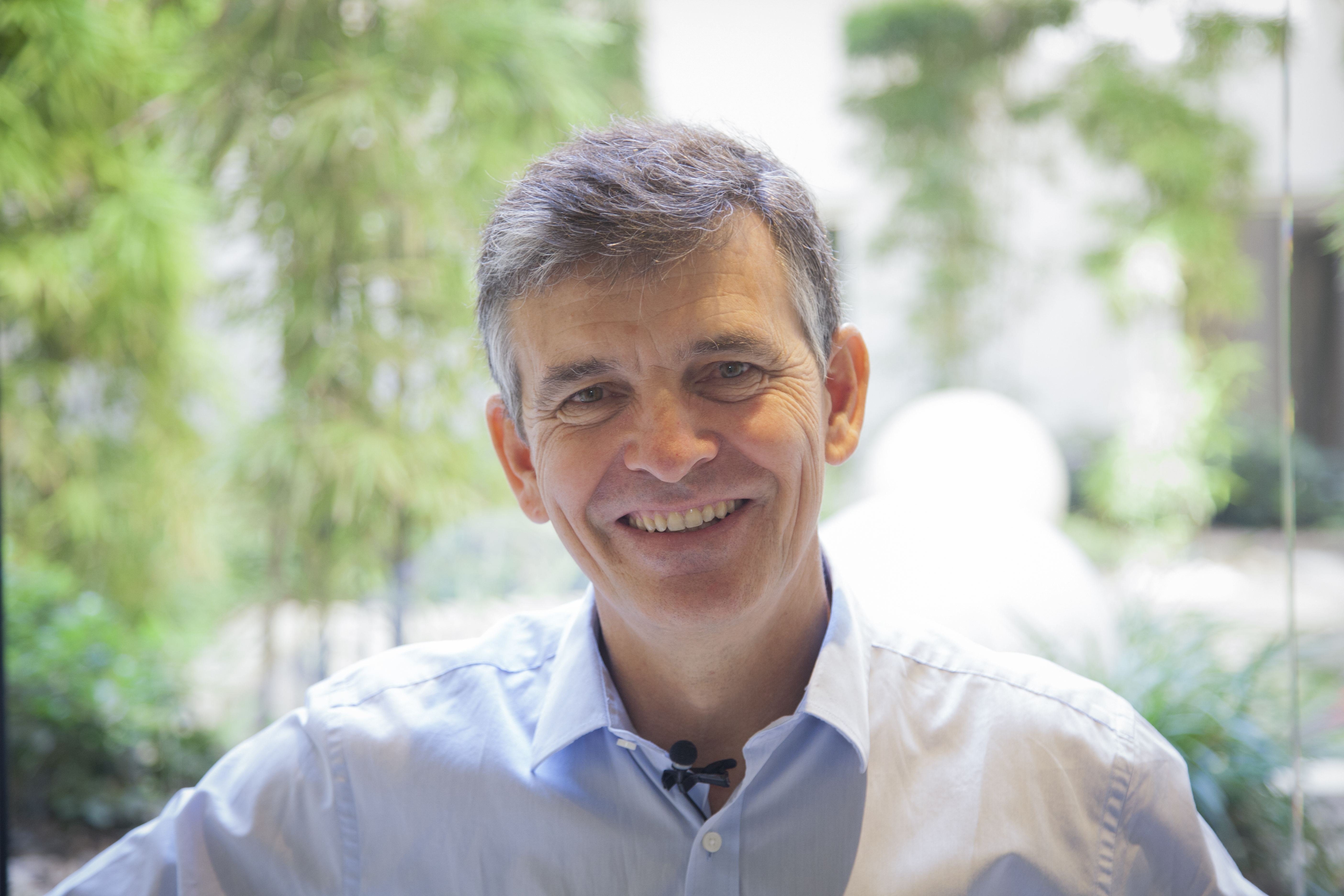
|
Sergi Girona Operations Director & CIO, Barcelona Supercomputing Center (BSC), Spain Bio: Sergi Girona is Director of the Operations Department of the Barcelona Supercomputing Center (BSC) and the manager of the Spanish Supercomputing Network (RES). He has been closely linked to PRACE since its creation: between 2013 and 2015 he was both Chair of its Board of Directors and Managing Director. In June 2016 he was appointed Council Vice-Chair, a role that he performed until June 2018. Currently, he is the Council Delegate for Spain. He is a member of the ESFRI Health and Food Strategic working group; since October 2017, he has also been a member of its Strategy Working Group on Data, Computing and Digital Research Infrastructures. The list of projects he has participated include: DEISA, PRACE, EUDAT, EESI, Human Brain Project, RDA, EXDCI, ELITRANS, iCordi, HPC Europa, Red de Ciencia, RES. By the end of 2018, the EuroHPC Governing Board nominated him as a member of the Infrastructure Advisory Group of the EuroHPC Joint Undertaking. Before joining BSC, he was Director of the Spanish branch of EASi Engineering since its creation, and its R&D Director for the German headquarters. |
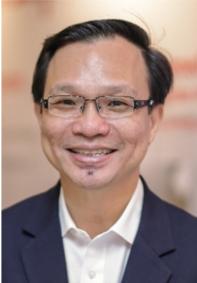
|
Tan Tin Wee Chief Executive, National Supercomputing Centre (NSCC), Singapore Associate Professor of Department of Biochemistry, Yong Loo Lin School of Medicine, National University of Singapore (NUS), Singapore Bio: Tan Tin Wee is the founding director and current Chief Executive of the National Supercomputing Centre (NSCC) Singapore, which manages Singapore’s first national petascale facility. NSCC’s supercomputing resources support the advanced research needs of both the public and private sectors in Singapore, and are made accessible to all local institutions of higher learning, research institutes, polytechnics, government agencies and companies. Tin Wee’s career path has often placed him at the leading edge of emerging technologies. He is recognised as a pioneer in the fields of high performance computing, bioinformatics and the Internet in Singapore. He invented and founded multilingual internationalised domain names (IDN) in 1998 and headed the Technet Unit in 1995, Singapore’s first research ISP, which was later spun-off as Pacific Internet. He has been instrumental in advancing data-intensive research by connecting research platforms in Singapore and regionally as founder and co-founder of Singapore Research Network (SingAREN) and Asia Pacific Advanced Network (APAN), respectively. He is also the first and only Singaporean to be inducted into the inaugural Internet Hall of Fame in 2012. Talk Title: Singapore - A HPC Overview Talk Synopsis: An introduction to the National Supercomputing Centre (NSCC) Singapore, its alignment with the nation's key R&D thrusts as well as the development of a national HPC resource. |


